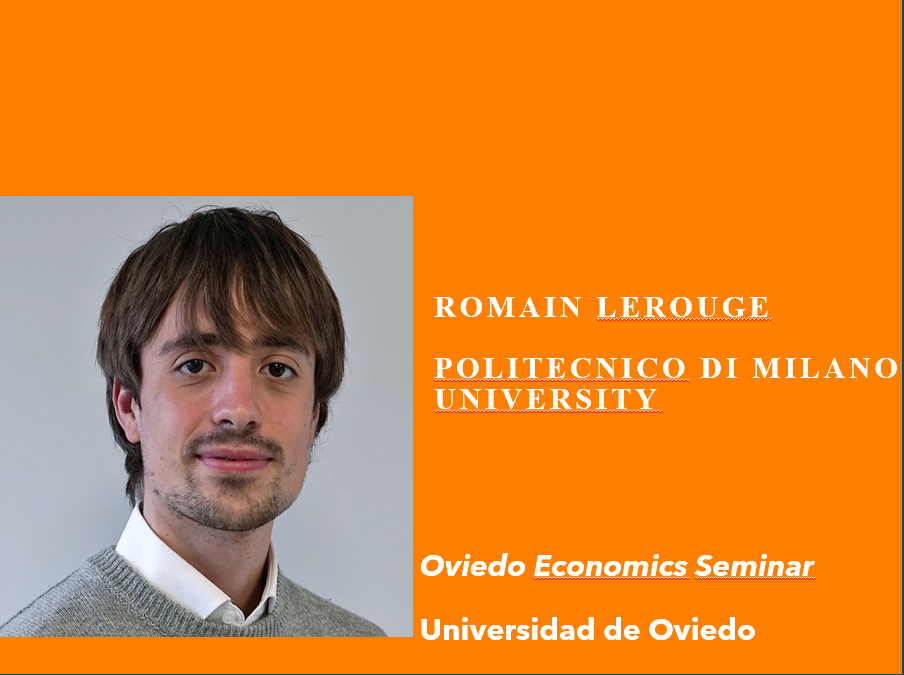Seminario titulado: "Life satisfaction and equal opportunities: is active involvement in arts only a matter for people from advantaged family backgrounds?". El seminario será el miercóles 14 de febrero a las 12:30hs, en la sala Dr. Ernest LLuch (Dpto de Economía)
Cultural participation is a major subject of interest for policy, especially as a driver potentially affecting numerous socio-economical dimensions, mostly related to the quality of life and well-being. A growing body of research is investigating this topic, with a particular focus on the effect of the attendance to events, or in general on the consumption of cultural goods. However, this perspective is leaving apart the unique role of "active" cultural participation, where people are directly involved in the generation of the artistic expression. Those practices are indeed developing people's creativity and contributing to a bottom-up diffusion of cultural values. Another element that tends to be overlooked in extant literature is the potential role exerted by social belonging, usually expressed in term of family background. In fact, cultural participation has often been depicted as a means of distinction that restrains the social space of a person and legitimises social differences. The benefits of cultural participation could be thus mainly absorbed by few advantaged social groups, hiding rather than addressing existing disparities. Through the means of a survey diffused in Italy (N= 1,286), this study uses Finite Mixture Models (FMM) to identify several subgroups in the population based on their different cultural behaviors and their life satisfaction's level. The results provide complementary insights for the design of tailored policies aimed at supporting not only cultural consumption, but also the development of individual creativity and active participation to cultural practices on a broader public.


